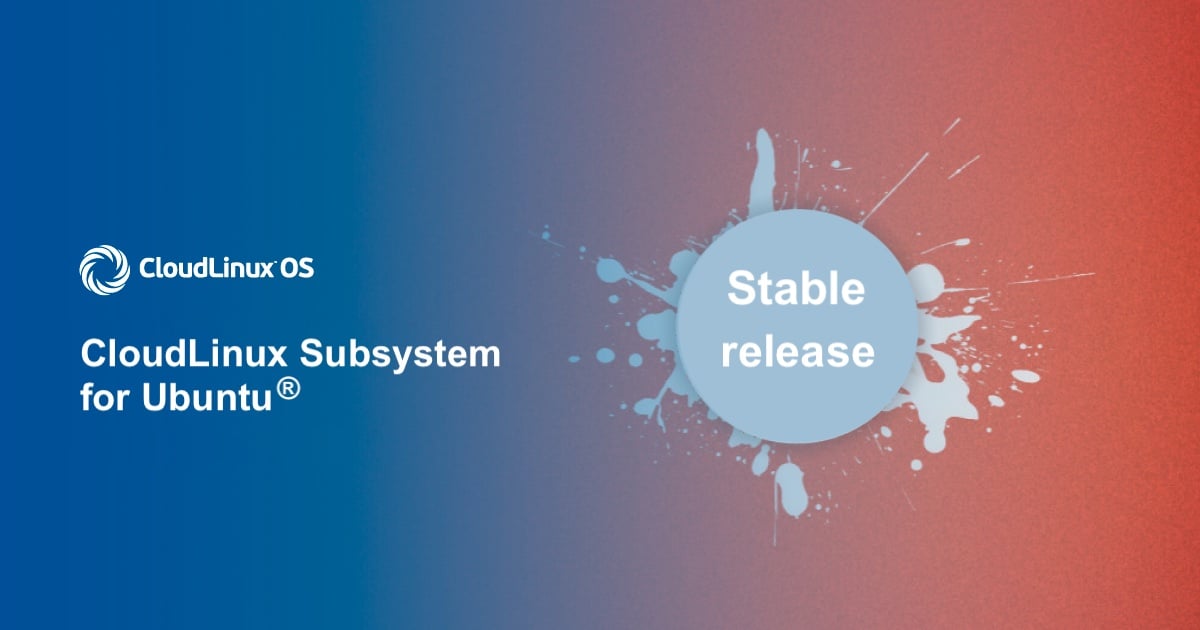
* All mentioned in this article trademarks, logos, and copyrights are property of their respective owners and are only mentioned for informative purposes.
** Ubuntu is a registered trademark of Canonical Ltd.
Remember when cPanel first announced its support for Ubuntu® in 2022? Well, the collaboration doesn't end there. We're thrilled to announce that after one year of Beta testing CloudLinux OS is releasing a Stable version of a free extension designed exclusively for Ubuntu® 20.04 LTS users. This exciting development means that you can now upgrade your Ubuntu® production server with key CloudLinux OS features without complicated server conversions, OS reinstalls, or migration headaches.
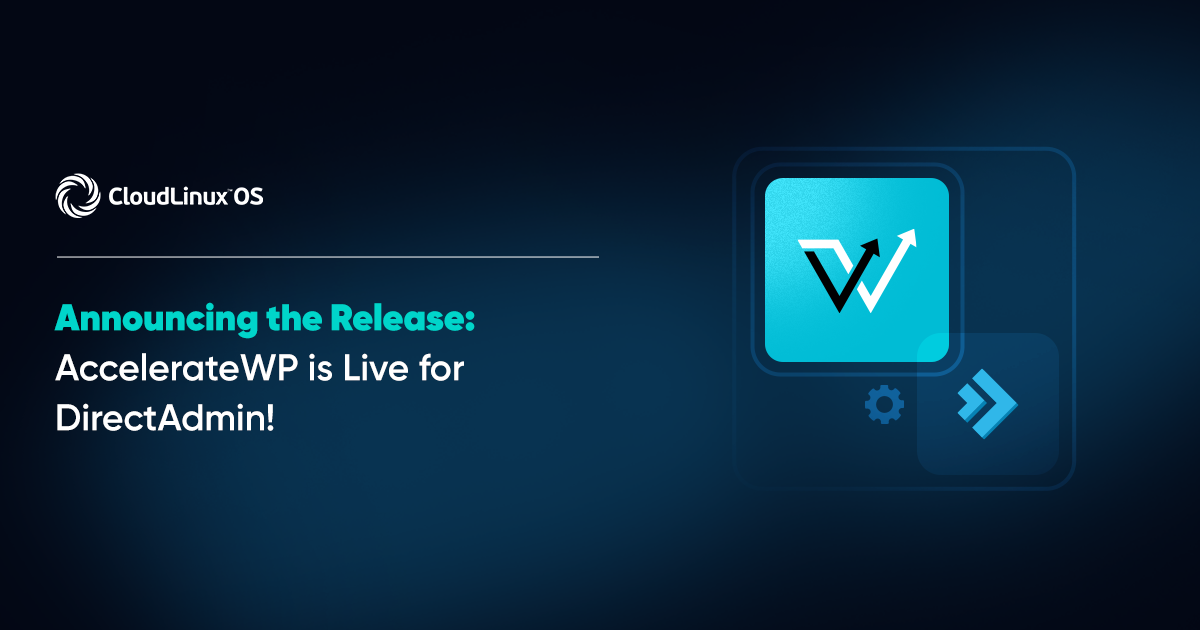 AccelerateWP officially exited beta status earlier this year and our team has since introduced more than 15 new features that enhance the value of AccelerateWP even more. We are delighted to conclude this year of development by providing support for another important segment of our clients - those using DirectAdmin. We're thrilled to announce that CloudLinux OS is now fully integrated and compatible with hosting software for all our clients. DirectAdmin users who have been eagerly awaiting AccelerateWP can now jump on board. You are warmly invited to become AccelerateWP providers.
AccelerateWP officially exited beta status earlier this year and our team has since introduced more than 15 new features that enhance the value of AccelerateWP even more. We are delighted to conclude this year of development by providing support for another important segment of our clients - those using DirectAdmin. We're thrilled to announce that CloudLinux OS is now fully integrated and compatible with hosting software for all our clients. DirectAdmin users who have been eagerly awaiting AccelerateWP can now jump on board. You are warmly invited to become AccelerateWP providers.
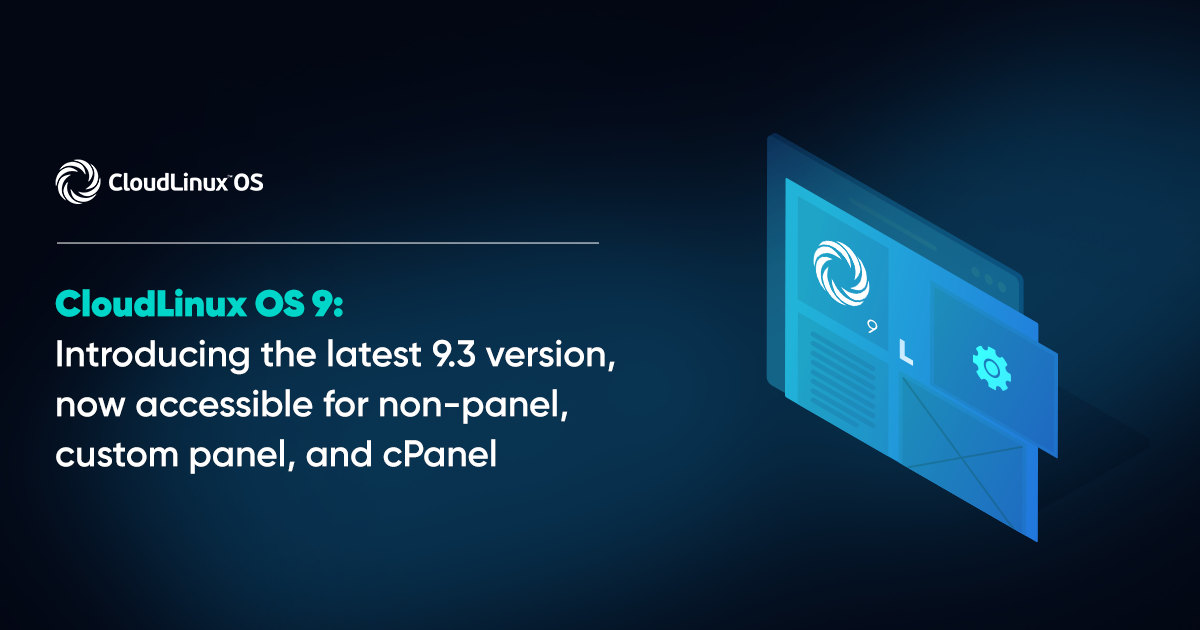 The CloudLinux OS team is pleased to announce the availability of the new 9.3 version, along with cPanel (>= 11.116.0.1) support and significant improvements for our customers. Let's go through the release in the blog post.
The CloudLinux OS team is pleased to announce the availability of the new 9.3 version, along with cPanel (>= 11.116.0.1) support and significant improvements for our customers. Let's go through the release in the blog post.
Update!
Full (stable) integration with CloudLinux 9 - cPanel will be provided in the 11.118 cPanel version.
Starting from cPanel 11.116.0.1 you don’t need an experimental key to install it on CloudLinux 9, but this is still the beta (experimental) phase of integration CloudLinux 9 - cPanel.
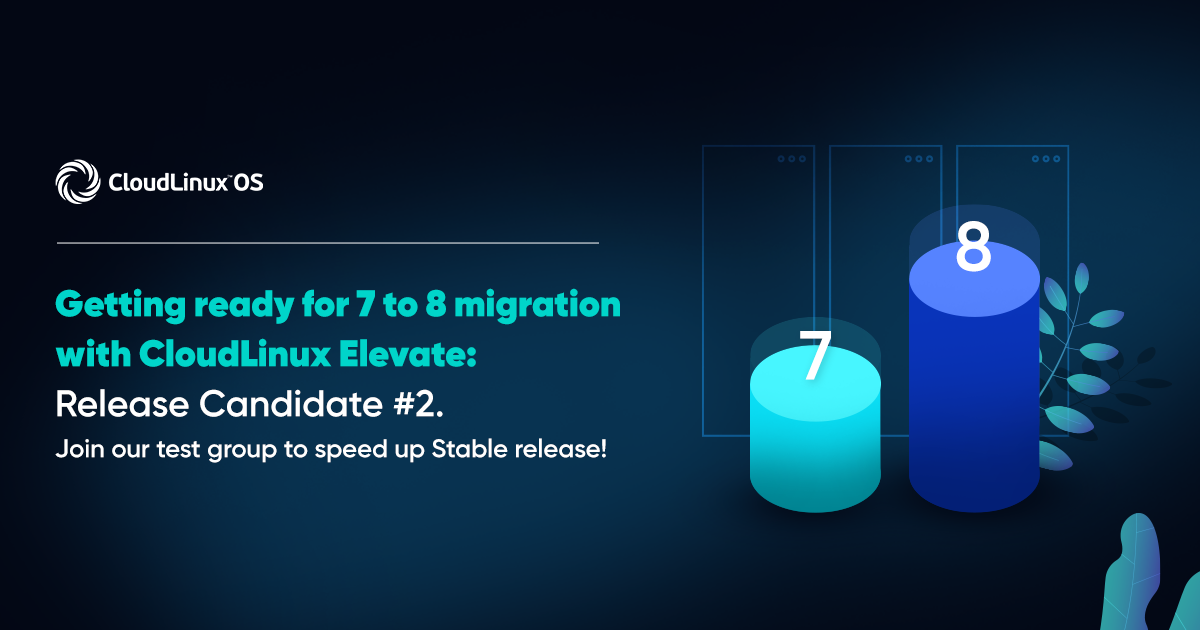
Following Release Candidate #1, we are pleased to report significant progress in the number of helpful clients who have been assisting us in transitioning to the stable version with their feedback. We are now ready to announce Release Candidate #2.
CloudLinux ELevate, the project designed to support migrations between major versions of RHEL derivatives, has reached an exciting milestone with the release of its first candidate version. With various improvements and enhancements in cPanel integration, the ELevate project is rapidly progressing towards its stable release. You learn more about CloudLinux ELevate on our website here and follow our updates in a blog.
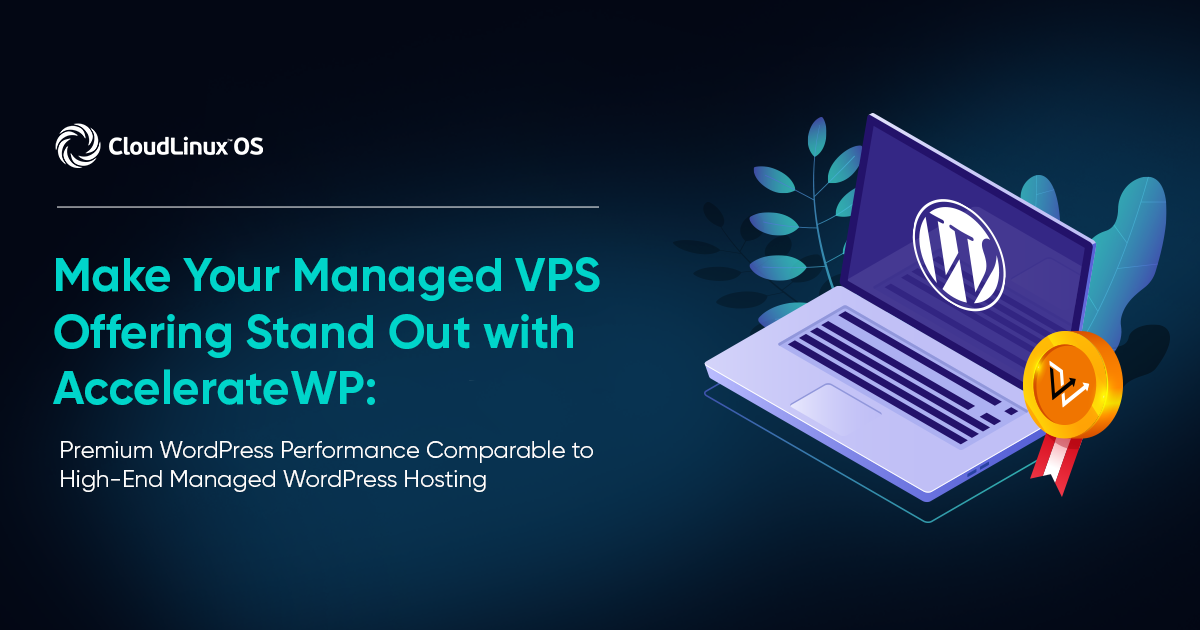
For VPS providers looking to enhance their WordPress offering, our latest performance features are now ready for integration. Depending on your infrastructure and client base, these functionalities can be made available to individual VPS users or implemented on all your VPS servers with CloudLinux OS Solo or Admin licenses. With the addition of AccelerateWP premium services, you can provide top-tier optimization value to your VPS customers.
.png?width=1200&height=630&name=CL_Enhancing%20Hosting%20Experience_V1%20copy%20(2).png)
For hosting providers who rely on the Webuzo control panel, exciting news awaits. The CloudLinux OS and Webuzo teams have been hard at work to provide seamless integration between the two. This blog post will walk you through the developments, supported features, and installation process, for hosting providers who use Webuzo as their preferred control panel.
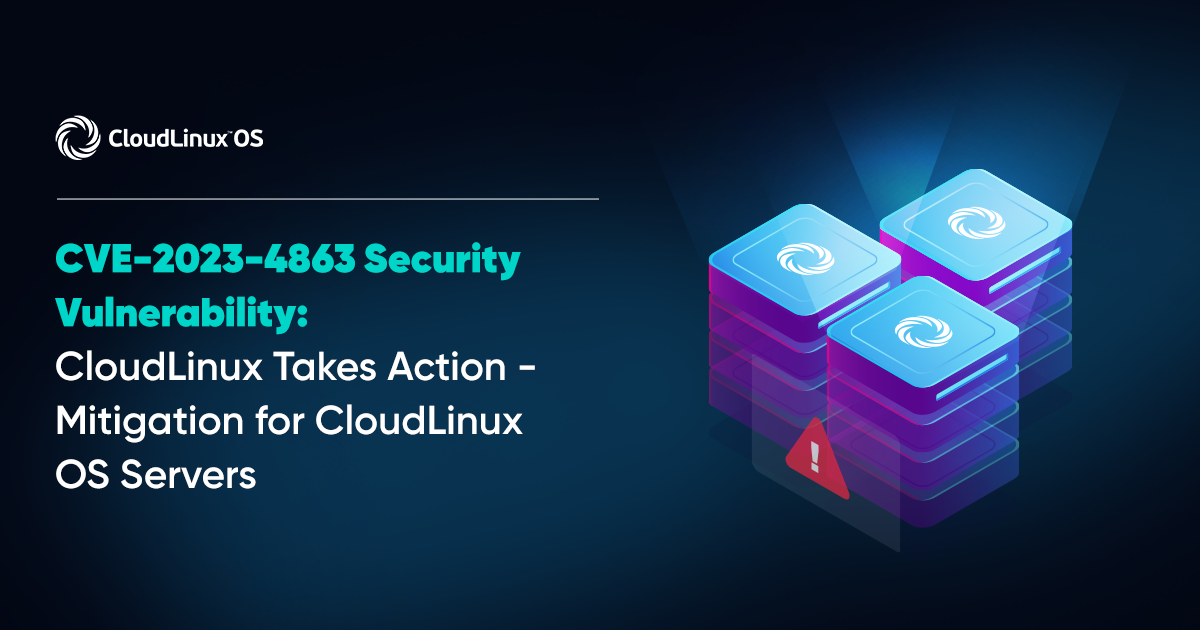
A newly discovered critical WebP 0-day security vulnerability, identified as CVE-2023-4863, CloudLinux OS team We are actively addressing and mitigating the security issue within our software.
To summarize the impact on different CloudLinux versions:
Join us for the AccelerateWP Live Webinar on October 3, 2023, at 11 am EST, where we'll celebrate one year of achievements and explore the incredible capabilities of AccelerateWP, along with the benefits it can bring to your end-users.
Our distinguished speakers include Dennis Kittrell, VP of Hosting Products, who will unveil the remarkable features released in the past year and demonstrate how AccelerateWP can elevate websites on your servers. Additionally, Kateryna Obiidykhata, our Product Marketing Manager, will shed light on the invaluable resources and support AccelerateWP offers.
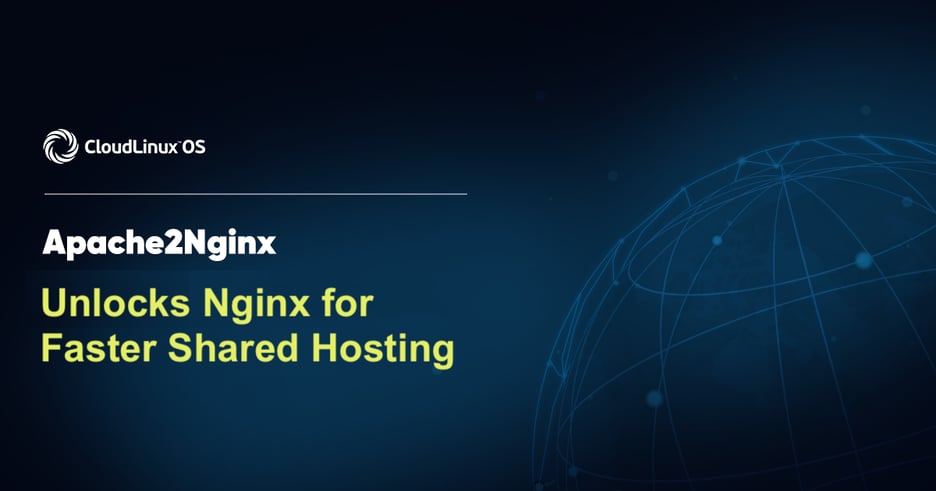 We are thrilled to introduce a groundbreaking solution tailored to enable your CloudLinux servers ca: Apache2Nginx. Imagine seamlessly migrating to more powerful Nginx, with adapted settings for the hosting environment, and without compromising Apache's distinctive functionality. Apache2Nginx makes this a reality. The Beta version of Apache2Nginx is available for all CloudLinux OS users and allows significantly boost your web server performance, by serving the static files faster, as shows our tests to double the performance. We are now looking forward to seeing feedback results from our customers.
We are thrilled to introduce a groundbreaking solution tailored to enable your CloudLinux servers ca: Apache2Nginx. Imagine seamlessly migrating to more powerful Nginx, with adapted settings for the hosting environment, and without compromising Apache's distinctive functionality. Apache2Nginx makes this a reality. The Beta version of Apache2Nginx is available for all CloudLinux OS users and allows significantly boost your web server performance, by serving the static files faster, as shows our tests to double the performance. We are now looking forward to seeing feedback results from our customers.
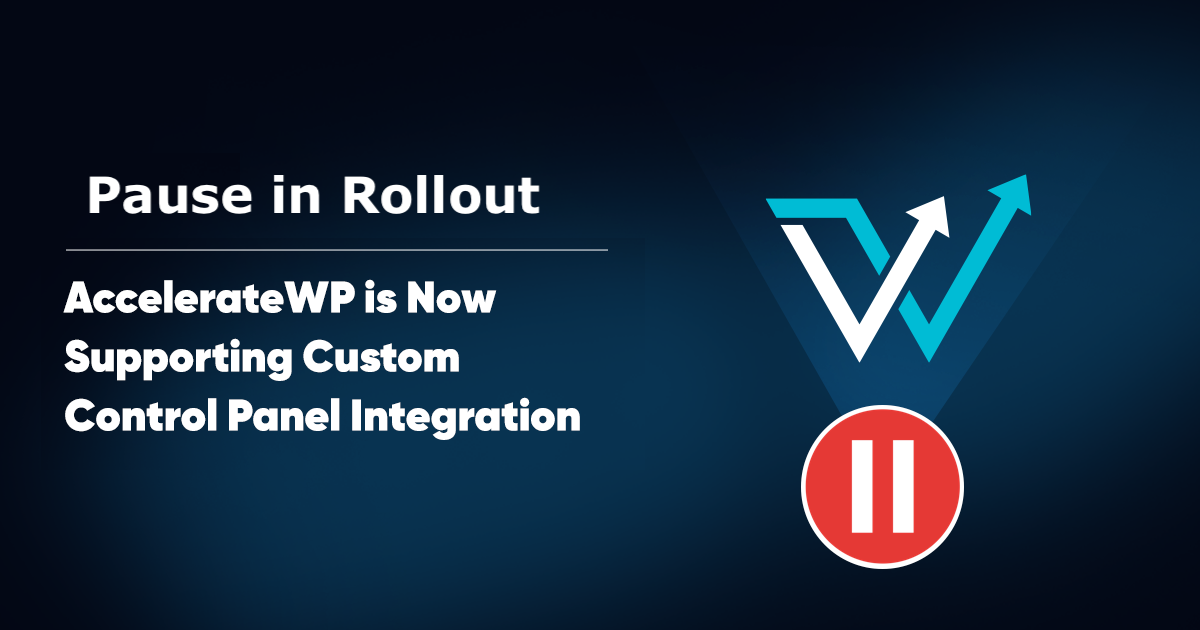
We would like to inform you that the rollout of the slot 'cloudlinux-8' featuring 'AccelerateWP with custom panel integration' has been temporarily paused due to identified bugs. Our team is diligently working to address these issues and ensure a smooth experience for all users.
The decision to pause the rollout was made to ensure the stability and functionality of the update. We have identified the following critical issues that prompted the pause:
Call Sales at +1 (800) 231-7307
Email sales@cloudlinux.com